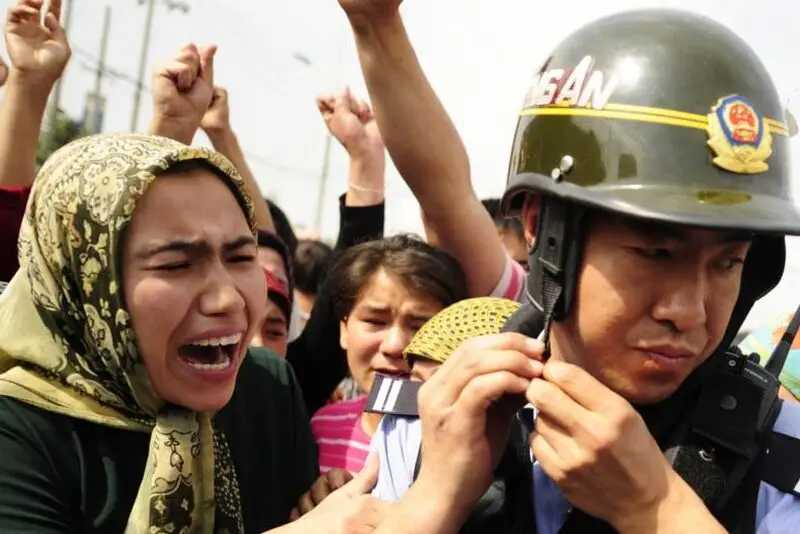In a stark contradiction to global progress in technology and human rights, China’s Xinjiang region, historically a center of Islamic culture in Central Asia, has become the site of one of the world’s most severe and systematic repressive campaigns against the Uyghur Muslim population.
Once known as East Turkestan, Xinjiang embraced Islam as early as the 7th century through Persian and Arab traders. The region flourished with hundreds of mosques, madrasas, and vibrant Islamic cultural practices. However, since the establishment of Communist rule in 1949, and especially following the 2009 riots in Ürümqi, the local Uyghur Muslim community has faced harsh crackdowns under the guise of counterterrorism.
Since 2014, the Chinese government has operated “re-education camps,” referred to by human rights organizations as mass detention centers, where estimates suggest between 1 to 2 million Uyghurs have been held. Detainees reportedly undergo forced political indoctrination, mental and physical abuse, are compelled to renounce their religion, forbidden from practicing Islam—including Quran reading and prayer—and pressured to abandon their language in favor of Mandarin.
Women have been subject to forced sterilization, abortion, and contraception to control Uyghur population growth, actions that experts warn could reduce Uyghur numbers by one-third in the future. Thousands of mosques have been demolished; religious attire like hijabs and beards banned; fasting during Ramadan prohibited; and even Quran burning incidents have been reported. The entire region is under pervasive surveillance, employing advanced technology to monitor residents.
Upon release from detention, many Uyghurs face enforced labor conditions described by international observers as slave labor. The repression has drawn global condemnation, with countries including the United States, the United Kingdom, Canada, and Germany officially recognizing the atrocities as genocide and imposing sanctions on China. The United Nations estimated at least 1 million Uyghurs detained, although China has received support from 36 countries, including Saudi Arabia and Pakistan, reportedly due to economic ties linked to the Belt and Road Initiative.
Interestingly, the Hui Muslim minority in China experiences comparatively more religious freedom, attributed to their cultural assimilation and Mandarin language use, allowing them to maintain religious practices with less interference.
Experts and advocates warn that the human rights violations in Xinjiang represent a grave assault not only on a people and its culture but on humanity’s collective conscience. The international community’s failure to take a firm stand risks the silent destruction of a history, culture, and millions of lives.


